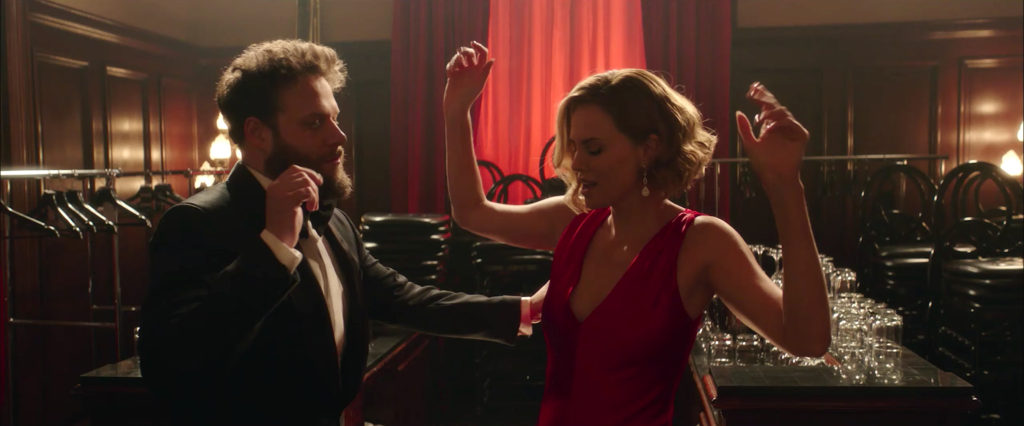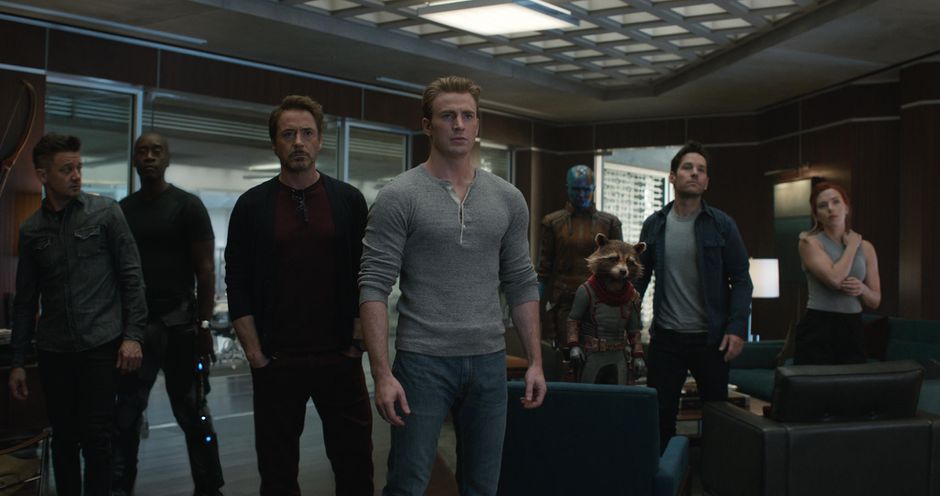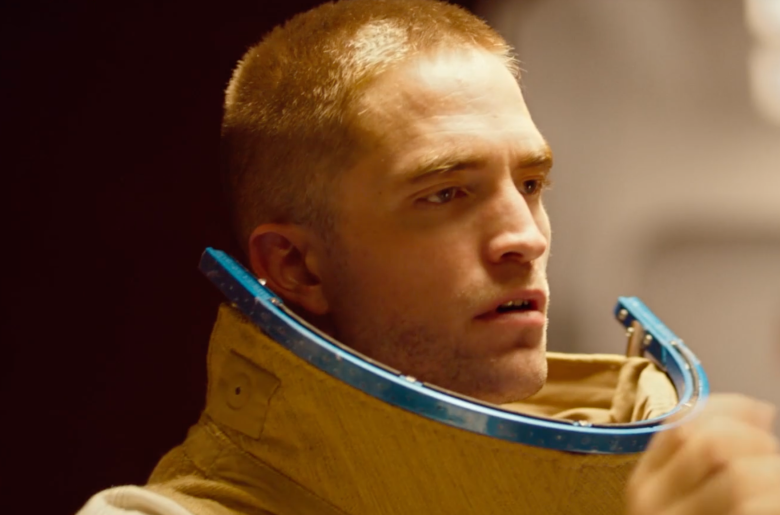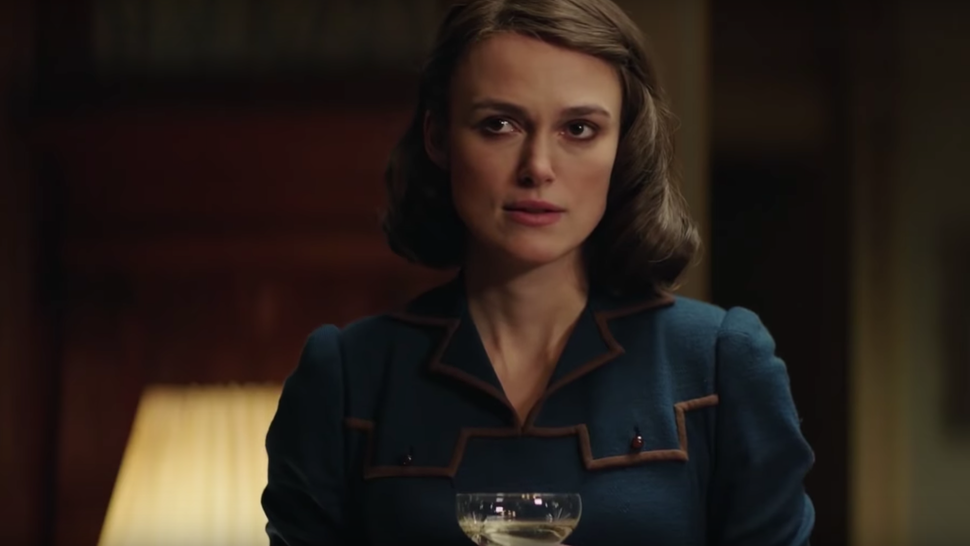John Wick: Chapter 3—Parabellum: Still Bloodied, Still Unbroken
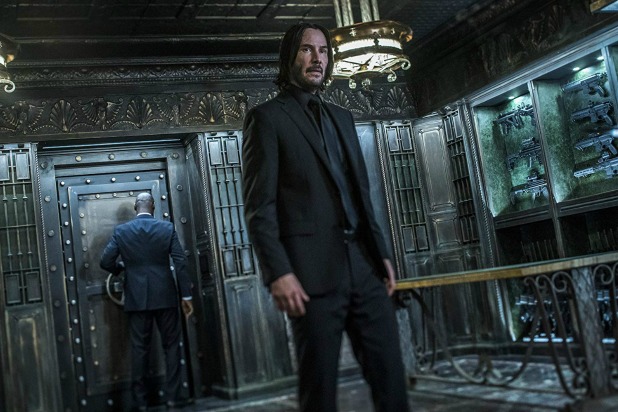
John Wick isn’t picky. He will kill you with a gun, a knife, a car, a dog, a horse, a library book—the particular weapon doesn’t matter, because he is the weapon. He’s a man who is also a murder machine, precisely calibrated to dispense death as proficiently as possible. There is no malice in his lethality, just as there is no malice when an elephant steps on an insect. He does not kill you because he dislikes you; he kills you because you are in his way.
John Wick: Parabellum, the third chapter in this insane and gloriously operatic franchise, is not quite as efficient as its bearded and besuited namesake. It occasionally suffers from bloat and drag, and it doesn’t always move with absolute purpose. For the most part, though, this is another action triumph, a grand and propulsive movie that understands what it is and what it’s good at. And even when its ostentatious trappings occasionally disappoint, its primal heart keeps beating. Read More

